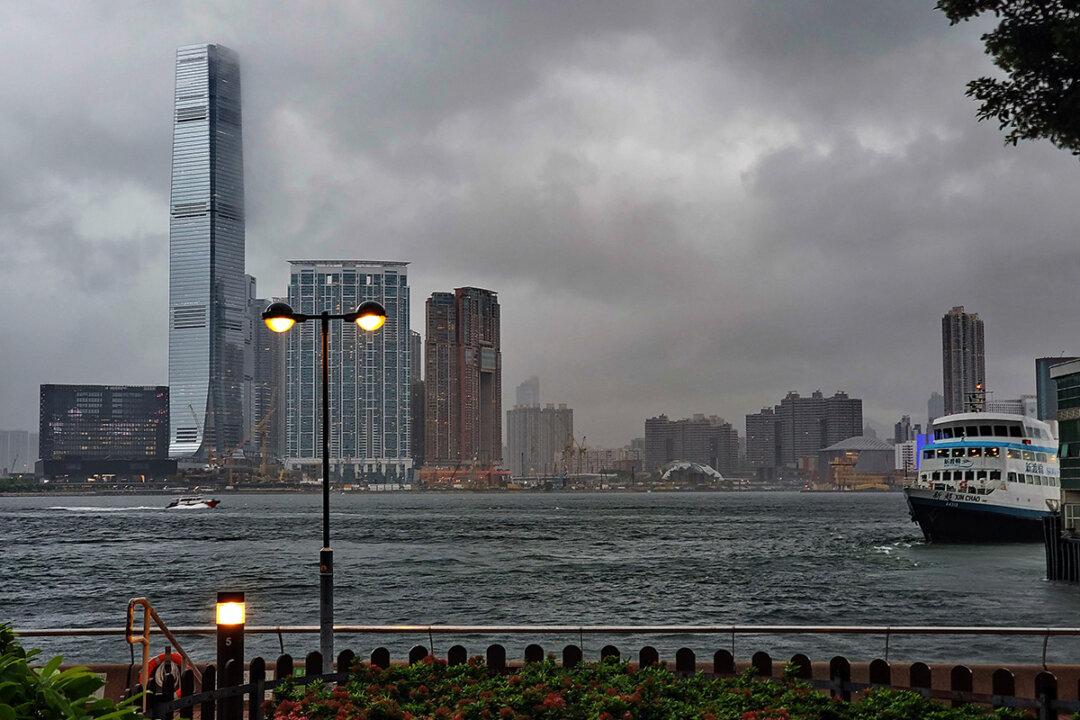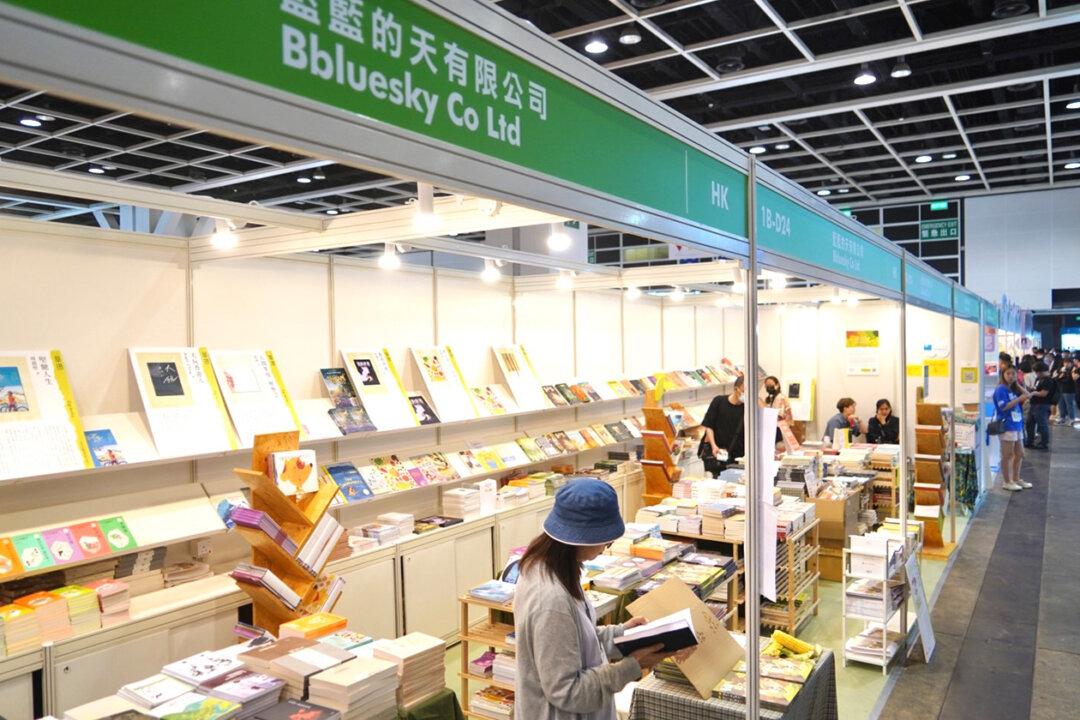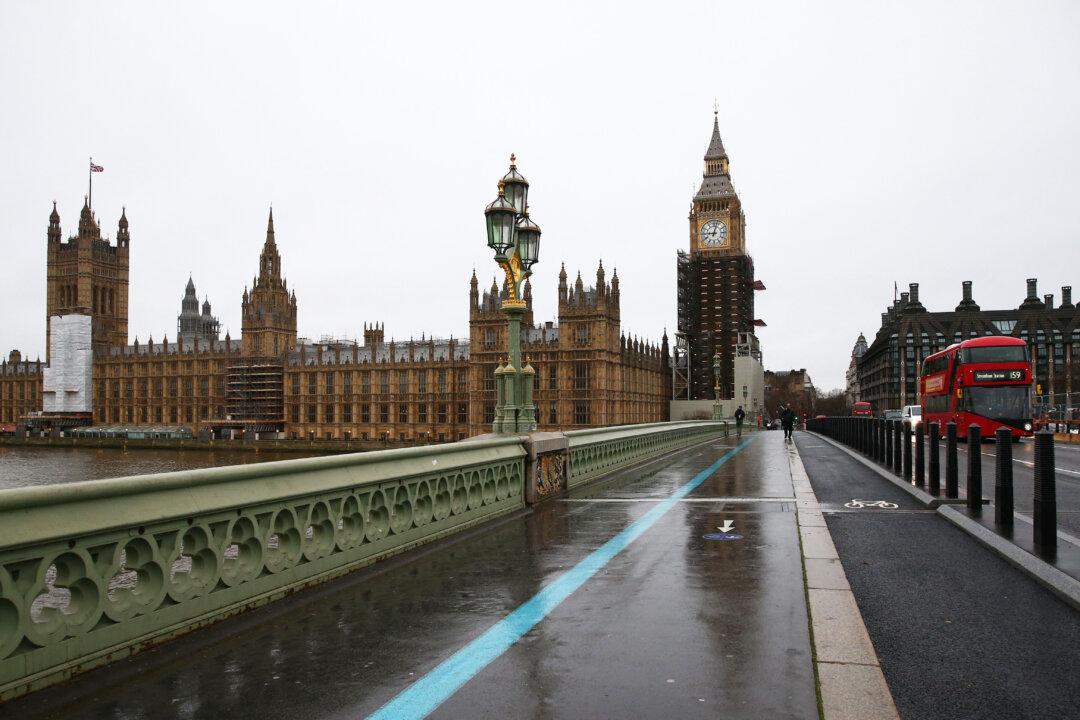After members of the U.S. House and Senate introduced the bipartisan “Hong Kong Sanctions Act” earlier this month, naming 49 Hong Kong political and legal personnel, the “U.S.-China Economic and Security Review Commission” (USCC) released its annual report on Nov. 15, calling Hong Kong Chief Executive John Lee Ka-chiu, describing him as “the executor of CCP’s interests.” The report also claims that while Beijing is trying to restore Hong Kong’s international image, this effort is all but superficial, which is no more than to attract overseas investment.
The report also recommends that the U.S. government sanctions those individuals involved in curbing Hongkongers’ emigration freedoms, including those who restrict overseas Hong Kong residents from retrieving their retirement funds. It also suggested that the U.S. Congress should consider taking action to prevent U.S. financial institutions from infringing on Hong Kong’s immigration freedom at the behest of the Hong Kong government and commit to actions such as withholding their legal retirement funds, including the Mandatory Provident Fund (MPF). The report also requires the U.S. Congress to assess the constraints on Hong Kong’s judicial independence and impose sanctions on relevant individuals accordingly, including foreign national judges who serve on Hong Kong’s Court of Final Appeal.




